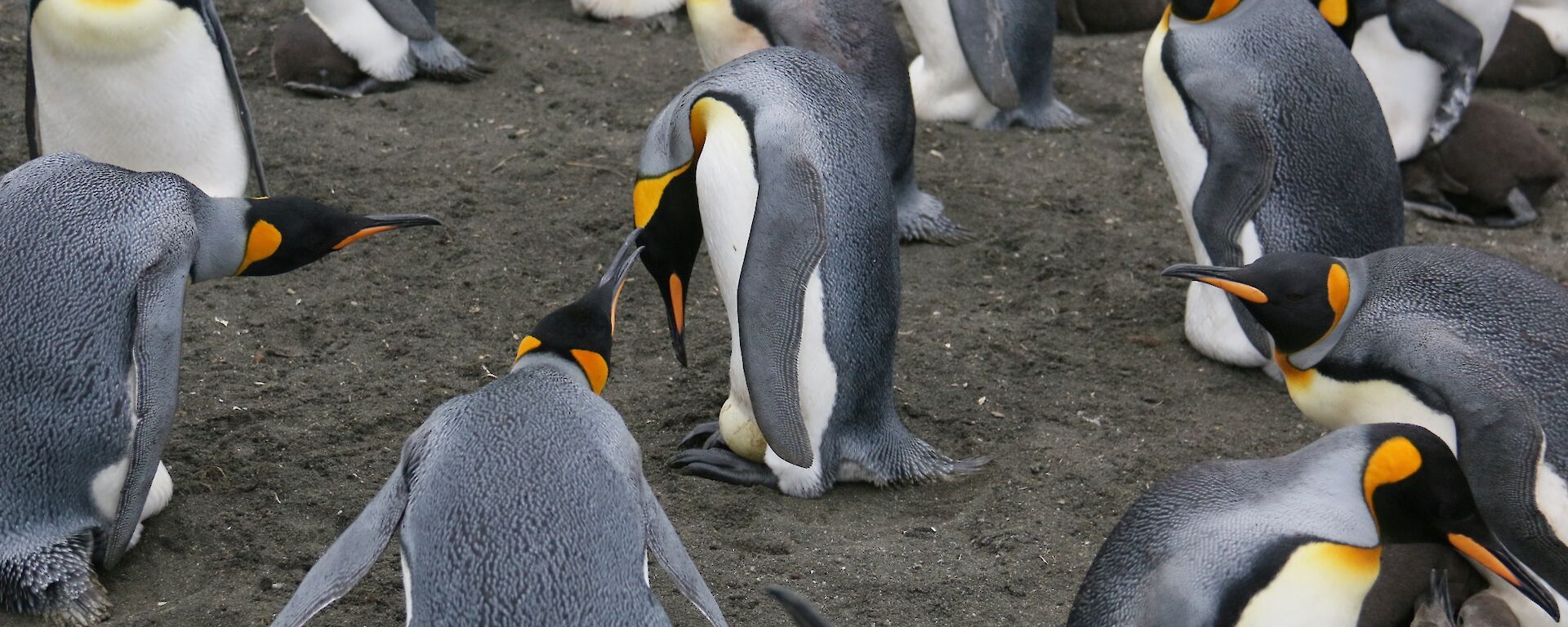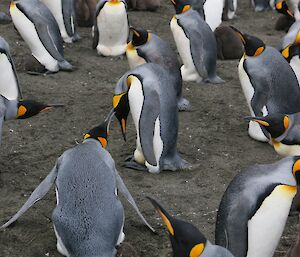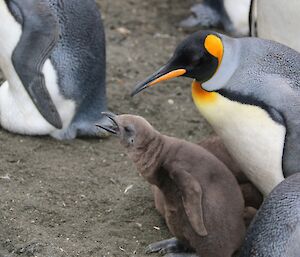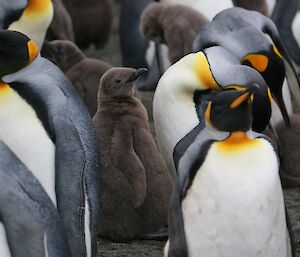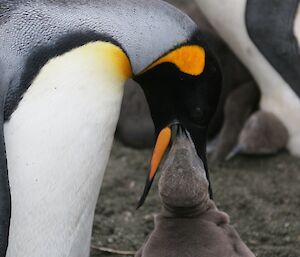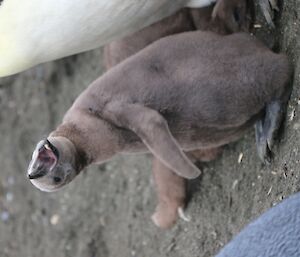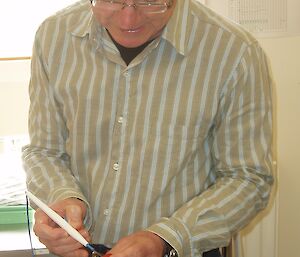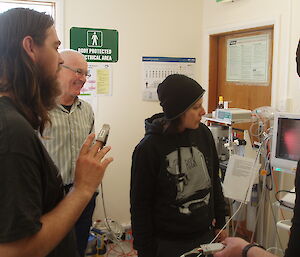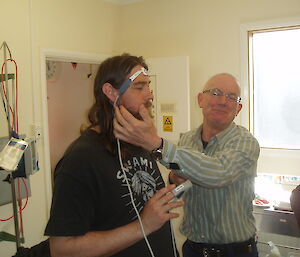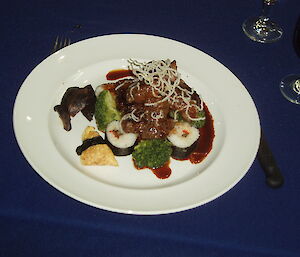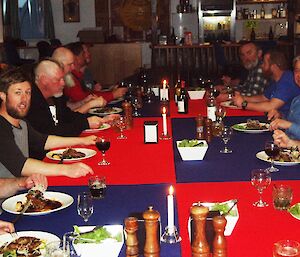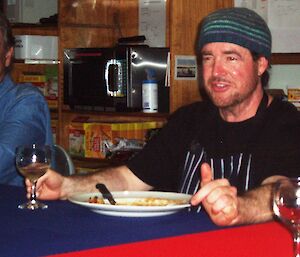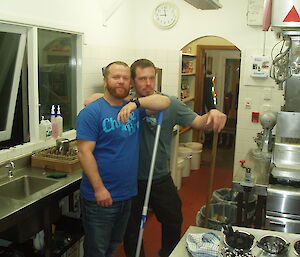In late summer, our king penguins are demonstrating a peculiarity of their breeding cycle. King penguins have a long chick rearing period of around fifteen months. This allows them a relatively leisurely time over the following winter to raise their chicks while breeding ashore, as opposed to the Antarctic emperor penguins which must raise their chicks to fledging by mid-late summer before the seasonal sea ice on which they breed has melted. However this means that the kings cannot rear a chick every year.
Pairs which have not reared a chick the previous winter will lay an egg in early spring around October-November. The egg hatches in December, and the chick is reared through the following winter to fledge by mid-summer the next year. Pairs which reared a chick the previous winter will lay in late summer around February if they fledged their previous chick early enough, or will miss a year. Those that fledged their previous chick later in the summer will all miss a year. The result is that they generally breed twice in three years.
King penguins are serially monogamous though less than half of pairings each year are with the same mate as the previous year. Both parents share all hatching and rearing duties. They first breed when around three years old. Birds with chicks remain on the island through the winter, and non-breeding birds spend longer periods out to sea.
So currently we are seeing some birds with chicks around two to three months of age, and some birds with eggs. Benny took some great photos at the Sandy Bay king penguin colony last weekend.

